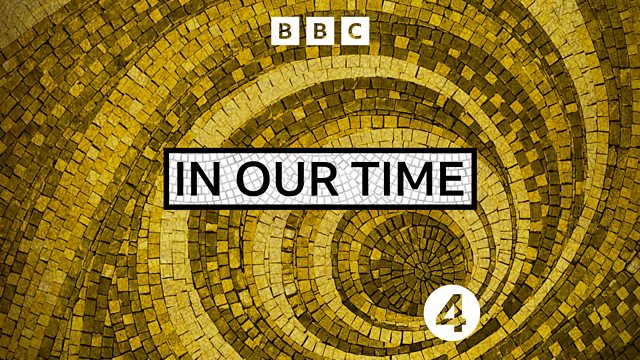Dr Rachael Wiseman on BBC Radio 4 In Our Time Series

Listen to BBC In Our Time here
Melvyn Bragg and guests discuss one of the most significant philosophers of the twentieth century, Philippa Foot (1920 - 2010). Her central question was, “Why be moral?” Drawing on Aristotle and Aquinas, Foot spent her life working through her instinct that there was something lacking in the prevailing philosophy of the 1950s and 1960s which held that values could only be subjective. Could there really be no objective response to the horrors of the concentration camps that she had seen on newsreels, no way of saying that such acts were morally wrong? Foot developed an ethics based on virtues, in which humans needed virtues to flourish as surely as plants needed light and water. While working through her ideas she explored applied ethics and the difference between doing something and letting it happen, an idea she illustrated with what became The Trolley Problem.
With
Anil Gomes
Fellow and Tutor in Philosophy at Trinity College, University of Oxford
Sophie Grace Chappell
Professor of Philosophy at the Open University
And
Rachael Wiseman
Reader in Philosophy at the University of Liverpool
Producer: Simon Tillotson
In Our Time is a BBC Studios Audio Production
Reading list:
Philippa Foot, Virtues and Vices (Oxford University Press, 1978)
Philippa Foot, Moral Dilemmas (Oxford University Press, 2002)
Philippa Foot, Natural Goodness (Oxford University Press, 2001)
John Hacker-Wright, Philippa Foot's Moral Thought (Bloomsbury, 2013)
Benjamin Lipscomb, The Women Are Up To Something (Oxford University Press, 2021)
Clare Mac Cumhaill and Rachael Wiseman, Metaphysical Animals: How Four Women Brought Philosophy Back to Life (Chatto, 2022)
Dan Russell (ed.), The Cambridge Companion to Virtue Ethics (Cambridge University Press), especially ‘Virtue Ethics in the Twentieth Century’ by Timothy (now Sophie Grace) Chappell